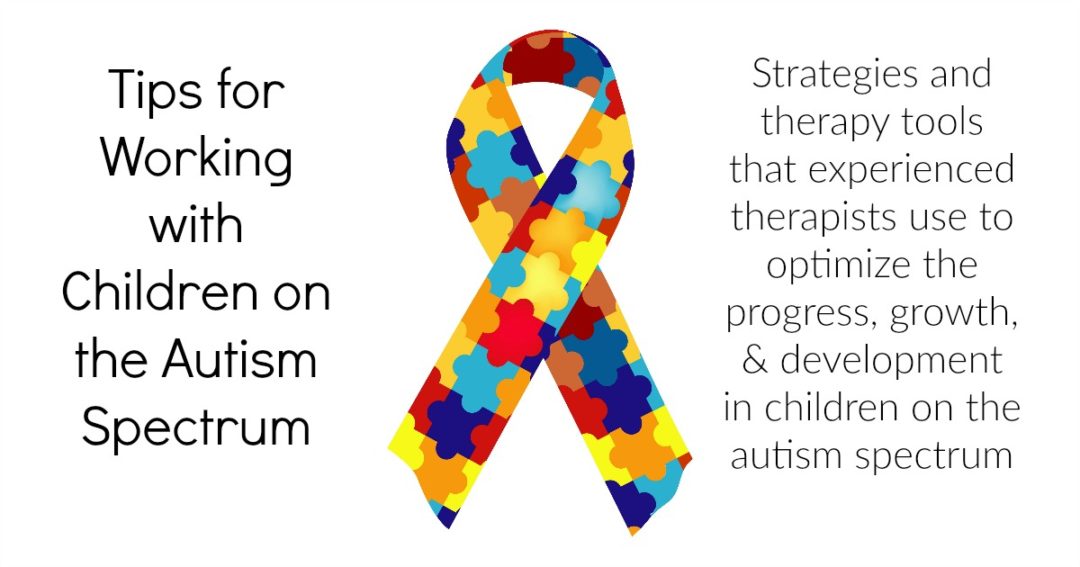Does Money Buy Better Therapy?
Raising Kids with Special Needs
Does Money Buy Better Therapy for Your Child?
Does money buy more effective therapy for your child? The answer is yes, but no. Over the years I have interacted with families that decide to privately pay for all of their child’s services; families that rely solely on public or insurance funded services and families that decide to do it all on their own. I can honestly say that the success of their child’s development does not seem to depend on which route that they choose. Rather success seems to depend on how involved the parents are, how much they educate themselves about their child’s needs and the quality of the professionals advising them. The most successful results seem to come from the parents coordinating a program that blends all their options for attaining services.
This page contains affiliate links. Please visit our disclosure page for more information.

A collaborative approach to therapy benefits children on the autism spectrum.
I live in Silicon Valley. I am surrounded by wealthy people who can afford to pay for any services that they feel their child needs. Two families that I know of even started their own schools for their children. So all that money should guarantee a favorable outcome, right? Unfortunately, that is not the case. I know of a family that rarely kept a therapist for more than three months. Whenever they realized that the therapist had not “fixed” their child they would move on to the next promising therapist or therapy program. This had the end result of confusing their child, who then acted out even more. I know of other families that became dogmatic in their approach and would shop around for therapists who agreed with them. This is not necessarily a bad thing; it is helpful to find therapists and paraprofessionals who agree with your basic philosophic approach to treatment. However, if the people working with the child are afraid to disagree with the parents or if they compromise their beliefs in order to keep their jobs this will not benefit the child. When money is spent to provide the child with the best possible therapies using a creative, collaborative approach then the child can truly benefit.
Families with children who have special needs should be prepared to work to get what they believe their child needs and deserves.
Other families that I work with rely on using services that are provided by the school district, the county programs, and their insurance provider. This can work well but it requires diligence and forethought. It is usually not a good idea to be too easy-going or too demanding regarding the services and providers that you get. A few families that I know are excellent at obtaining quality, reliable services for their children. Some of the families that I worked with have received play based therapy, one-on-one aides, speech therapy and occupational therapy through their school districts. They also received respite care and social groups through their county programs, speech, and occupational therapy through their insurance providers. In order to obtain these services there are a few things to keep in mind: when using speech and occupational therapists through the school district you have no choice as to what therapist you get. Being confrontational or demanding will probably not get your child a different therapist and can cause an adversarial relationship with the school to develop. However, when you are looking at insurance provided services or services such as play based therapy you do have more options. For example, if your school district works through an agency and the agency sends you someone that you feel is not a good match for your child; ask them to send someone else. The same concept applies to therapists covered by your insurance. Using public services can be time-consuming and the process can be confusing but in most metropolitan areas they are available. You should be prepared to work to get what you believe your child needs and deserves.
The parents of a special needs child are actually the key to helping their child develop and improve.
Some families decide to run and implement their entire therapy program themselves. They either make this choice out of necessity or personal choice. I just happened to be in Arizona during April, which is Autism Awareness Month. The newspapers were, of course, filled with articles relating to autism. One of the articles described the difficulty that rural families were having obtaining services for their children. I would imagine that this problem repeats itself in rural communities across the United States. For those families, I would encourage them to trust themselves and to know that they can become their own best expert on their child. The methodology in how one works with a special needs child may differ but one basic rule is a constant, for every methodology and for every special needs child, and it is stimulation. The best advice I ever received was to stimulate, stimulate, stimulate! That means accessing resources for ideas and activities and keeping your child busy. The parents of a special needs child are actually the key to helping their child develop and improve. They know their child and know what the child’s strengths and needs are. Last month, a woman that I knew called, distressed at the report card that her son got at the end of first grade. She told me that she would work extra hours just so I could work with her son for an hour a week. I reassured that she did not need to do that. She was capable of helping her son herself. We met for coffee, she explained her concerns and I gave her some activities to do over the summer. I hear that not only is her son enjoying the activities, he is already showing some improvement in his attention span and handwriting. I knew another mother who lived in a rural area and she made it her business to educate herself as to how she would help her child. She and I differed in our philosophical beliefs in how we approached child development. I believe in a more child orientated approach; she believed in a more adult structured approach but she was the best expert for her child and her family. Her child is now mainstreamed in high school and doing extremely well.

Parents can be the best experts on what their child needs to thrive and make progress.
The best advice that I can give any family looking for therapy for their child with special needs child is to become the best expert on their child. Money cannot solve every problem. Parents need to take charge of their children’s education. No matter what route one chooses to make in building an educational and developmental program just keep in sight what your child needs and what motivates them to learn. Find resources and professionals who can collaborate well with you and other members of the team.Think about what skills your child needs to build and what your expectations are for the next few years. If your child is in preschool, look forward to elementary school. If your child will be attending middle school what skills do they need? What are their strengths? How will they build social connections? If you take all these issues into consideration as you build a constructive program for your child then you are likely to see your child make progress. The whole process may seem daunting but it may actually turn into the most rewarding journey that you have ever taken.
How parents can find the best services to help their child thrive.
We are fortunate to live in a world rich with information available to us online. There are many websites devoted to providing information for parents of children with special needs. Parents will need to prepare themselves to become their child’s best advocate. No one will fight harder for your child than you. Gather practical tips to help guide you what to do when you suspect your child may be autistic. Learn from therapists what interventions they have used to help children grow and thrive. Los Ninos has a long list of resources for families with children who have special needs. Get support from other parents who have walked this road before you. Find groups and communities where you can find information and support. Call your local university, we have found some of our best therapy providers by contacting the psychology department. They can either help by posting a job advertisement or finding volunteer programs. Use your community resources, check with your city about what programs they may offer. Don’t give up hope, no matter how old your child is change, growth, and progress are possible.





